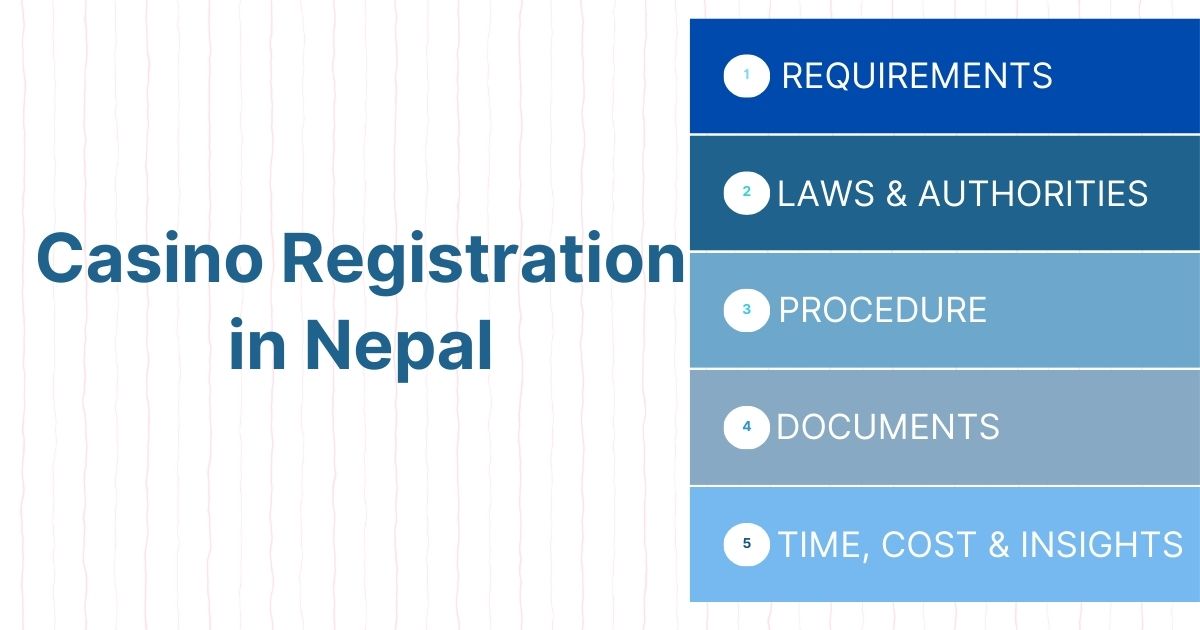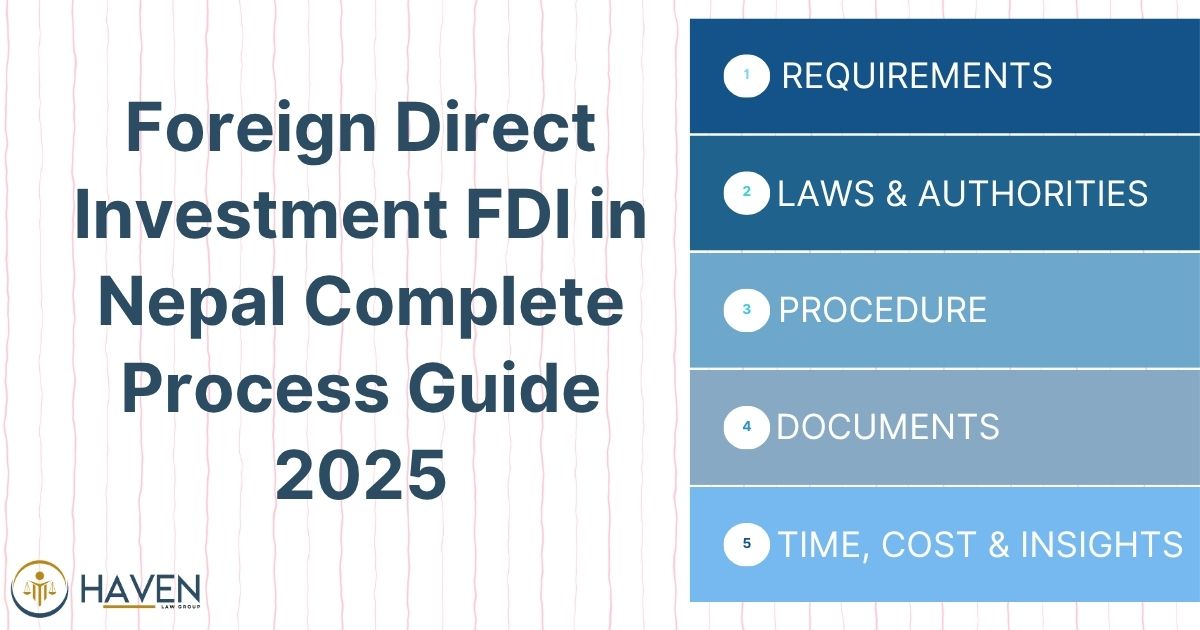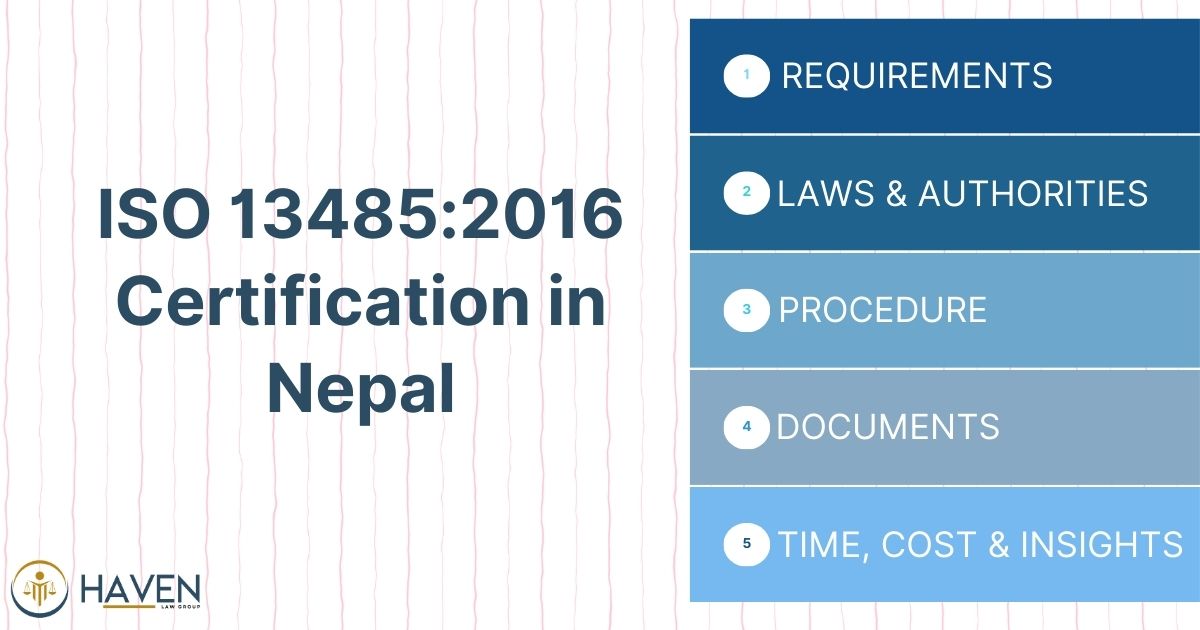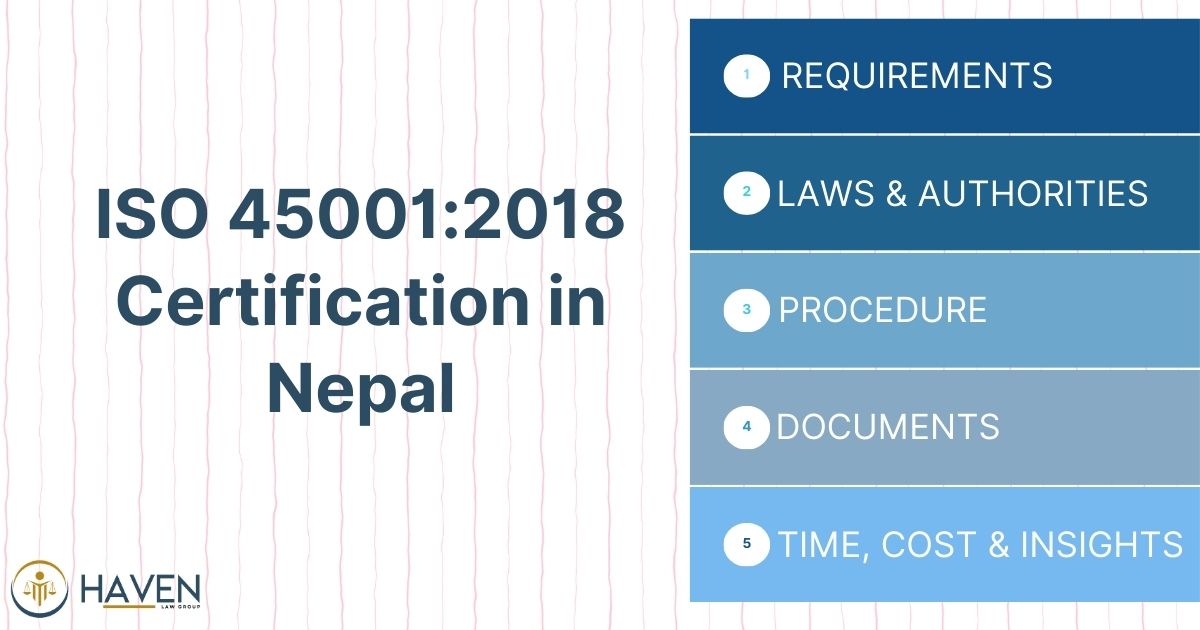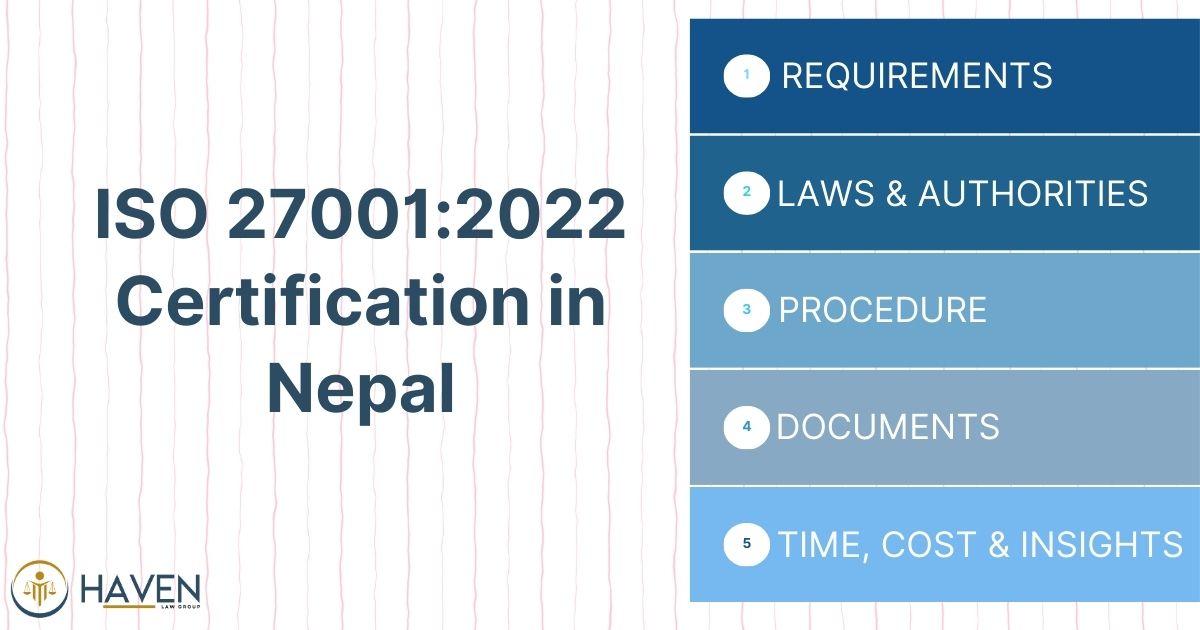The legal profession in Nepal plays a vital role in upholding justice, protecting human rights, and ensuring the rule of law. Lawyers in Nepal are not just courtroom advocates—they are advisors, negotiators, and reformers who help shape the nation’s legal landscape.
Nepal’s legal system is a unique hybrid of common law, civil law, and customary practices, making it distinct within South Asia. With growing globalization, economic reforms, and social changes, the demand for skilled and ethical lawyers in Nepal has never been greater.
Historical Evolution of the Legal System in Nepal
From Customary Practices to Modern Courts
The roots of the Nepalese legal system lie in traditional customary laws practiced by local communities. Over time, these evolved into structured laws, particularly after the introduction of the Muluki Ain (National Code) in 1854.
Influence of Common Law and Civil Law Traditions
After democratic reforms, Nepal adopted elements of both common law and civil law, integrating them into its Constitution and statutes. Today, lawyers in Nepal navigate a system influenced by international treaties, statutory laws, and judicial precedents.
Qualifications and Requirements for Lawyers in Nepal
Academic Requirements: LLB and LLM Degrees
To pursue a career in law, aspiring lawyers must complete a Bachelor of Laws (LLB) from a recognized university. Those seeking specialization often pursue a Master of Laws (LLM) in fields like international law, commercial law, or human rights.
Nepal Bar Council Examination Process
After completing their degree, candidates must pass the Bar Council examination, which tests knowledge of substantive and procedural law. This step ensures competence and readiness for legal practice.
Apprenticeship and Licensing Procedures
Graduates must undergo a one-year apprenticeship under a senior advocate before registering as a licensed lawyer with the Nepal Bar Council.
Types of Lawyers in Nepal
Nepal’s legal profession is diverse, with lawyers specializing in multiple practice areas:
- Corporate and Business Lawyers – Focus on mergers, acquisitions, and compliance.
- Criminal Defense Attorneys – Defend individuals accused of crimes.
- Civil and Family Law Practitioners – Handle disputes related to property, contracts, and family matters.
- Intellectual Property and Technology Lawyers – Protect patents, copyrights, and trademarks.
- Human Rights and Public Interest Lawyers – Advocate for marginalized groups.
- Environmental and Tax Lawyers – Deal with sustainability and fiscal regulations.
Role of Lawyers in the Nepalese Legal System
Lawyers in Nepal serve as pillars of justice through roles such as:
- Providing legal advice to individuals, businesses, and institutions.
- Representing clients in court during trials and hearings.
- Drafting contracts, wills, and agreements for legal clarity.
- Negotiating settlements to avoid lengthy disputes.
- Researching legal precedents to build strong cases.
- Advocating for reforms to strengthen democracy and access to justice.
Legal Education and Training in Nepal
Law Schools and Universities Offering LLB Programs
Legal education in Nepal is structured to provide both theoretical and practical exposure. Prominent institutions like Tribhuvan University, Kathmandu School of Law, and Nepal Law Campus offer five-year LLB programs designed to train future lawyers with strong foundations in jurisprudence, constitutional law, and comparative legal systems.
LLM Specializations and Research Opportunities
For advanced study, Nepalese students pursue a two-year LLM program. This offers specializations in fields such as commercial law, criminal justice, constitutional law, international law, and human rights law. Research-based LLM degrees also allow students to contribute academic insights into Nepal’s evolving legal system.
Continuing Legal Education and Professional Training
The Nepal Bar Council encourages lawyers to engage in continuing legal education (CLE). These programs enhance skills in emerging areas like cyber law, arbitration, and environmental law, ensuring that lawyers remain up-to-date with global legal developments.
Professional Organizations Supporting Lawyers in Nepal
Several professional bodies safeguard the rights and responsibilities of lawyers while promoting high ethical standards:
- Nepal Bar Association (NBA): The central body that represents lawyers across the country.
- Supreme Court Bar Association: Provides professional development opportunities for advocates practicing at the Supreme Court.
- District Bar Associations: Present in every district, these associations help local lawyers with resources and support.
- Women Lawyers Association of Nepal: Promotes gender equality within the legal profession.
- Constitutional Lawyers Forum: A group of experts advocating for constitutional reforms and legal awareness.
These organizations not only provide networking but also lobby for judicial reforms, continuing education, and legal aid services.
Challenges Faced by Lawyers in Nepal
Despite the importance of their role, lawyers in Nepal face significant hurdles:
Case Backlogs and Court Delays
The Nepalese judiciary suffers from overcrowded courts and lengthy case backlogs. Many disputes take years to resolve, testing public patience and faith in the system.
Political Influence and Instability
Frequent changes in government and politically influenced judicial appointments create uncertainty in legal interpretation and enforcement.
Limited Access to Technology and Resources
Unlike developed nations, many law firms and courts in Nepal lack advanced case management software, online legal databases, and digital filing systems.
Lack of Legal Aid for Underprivileged Citizens
Many Nepalese citizens cannot afford legal representation, highlighting the urgent need for state-funded legal aid programs.
Legal Aid and Pro Bono Services in Nepal
Lawyers in Nepal contribute to access to justice through legal aid and pro bono services:
- Offering free representation to marginalized communities.
- Engaging in public interest litigation (PIL) cases that address systemic injustices.
- Collaborating with NGOs and international organizations to spread legal awareness.
- Conducting legal literacy programs in rural areas.
These efforts strengthen democracy, equality, and inclusivity within Nepal’s justice system.
Ethics and Professional Conduct for Lawyers in Nepal
The Nepal Bar Council enforces a strict code of conduct that all lawyers must follow:
- Client Confidentiality: Maintaining trust and privacy of client information.
- Conflict of Interest Avoidance: Ensuring impartiality in representation.
- Competent Legal Services: Providing effective, updated, and ethical representation.
- Integrity and Court Respect: Demonstrating professionalism in all interactions.
These ethical guidelines ensure that the public trusts the legal profession and that justice is delivered fairly.
Career Opportunities for Lawyers in Nepal
The legal profession in Nepal offers diverse career paths for young graduates:
- Private Practice: Many lawyers establish independent practices or join law firms.
- Corporate Legal Departments: Businesses hire in-house counsel for contracts, compliance, and dispute resolution.
- Government Services: Opportunities exist in ministries, prosecution offices, and judiciary.
- Judicial Services: Becoming judges through competitive exams.
- Legal Academia: Teaching and conducting research at law schools.
- International NGOs and Organizations: Opportunities in UN agencies, human rights bodies, and international arbitration.
This diversity allows lawyers to tailor their careers according to their interests and expertise.
Technology and the Legal Profession in Nepal
Technology is gradually reshaping Nepal’s legal sector:
- Online Legal Databases: Platforms provide easier access to judgments and statutes.
- E-Filing Systems: Courts are adopting digital filing of cases to reduce delays.
- Virtual Hearings: Introduced during COVID-19, these ensure justice without geographical limitations.
- Case Management Tools: Help law firms streamline operations.
While still in early stages, the digital transformation of Nepal’s judiciary holds great promise.
International Collaboration and Exchange Programs
Nepalese lawyers increasingly participate in global legal platforms:
- Attending international conferences and workshops.
- Engaging in cross-border research collaborations.
- Pursuing advanced degrees in foreign universities.
- Joining international law associations like the International Bar Association.
These experiences help Nepalese lawyers gain global exposure and expertise.
Future Trends in the Nepalese Legal Profession
The legal field in Nepal is evolving, with several emerging trends:
- Specialization in Niche Areas: Lawyers are focusing on cyber law, intellectual property, and corporate compliance.
- Growth of Environmental and Climate Change Law: With rising climate challenges, green law practices are in demand.
- Alternative Dispute Resolution (ADR): Arbitration and mediation are gaining popularity as faster alternatives to litigation.
- Rise of Legal Tech: Increased adoption of AI-powered legal tools and e-courts.
- Cross-Disciplinary Collaboration: Lawyers working closely with economists, environmentalists, and IT experts.
Adapting to these trends will ensure that Nepalese lawyers remain competitive and globally relevant.
Conclusion
The legal profession in Nepal is the backbone of democracy, justice, and human rights. Despite challenges such as case backlogs and political instability, Nepalese lawyers continue to uphold ethical standards and provide access to justice. With increasing adoption of legal technology, specialization, and international collaboration, the future of the profession is promising.
As Nepal continues its journey towards a modern and inclusive justice system, lawyers will remain central to shaping the nation’s legal, social, and political fabric.
How do I become a lawyer in Nepal?
To become a lawyer in Nepal, you must complete an LLB degree, pass the Nepal Bar Council exam, undergo one-year apprenticeship training, and register as a licensed advocate.
What is the role of the Nepal Bar Council?
The Nepal Bar Council regulates the legal profession, conducts bar exams, issues licenses, monitors ethical standards, and ensures lawyers uphold professionalism, integrity, and accountability in the Nepalese legal system.
How long does it take to study law in Nepal?
In Nepal, a Bachelor of Laws (LLB) takes five years. For specialization, students pursue a Master of Laws (LLM), which requires an additional two years of advanced academic study.
What are the main types of lawyers in Nepal?
Nepal has diverse legal specialists including corporate lawyers, criminal defense attorneys, civil and family law practitioners, human rights lawyers, intellectual property experts, environmental lawyers, and tax attorneys providing focused services to clients.
Are legal aid services available in Nepal?
Yes, Nepal provides legal aid through NGOs, bar associations, and pro bono lawyers. These services ensure underprivileged communities receive fair legal representation, public interest litigation support, and awareness about their constitutional rights.
